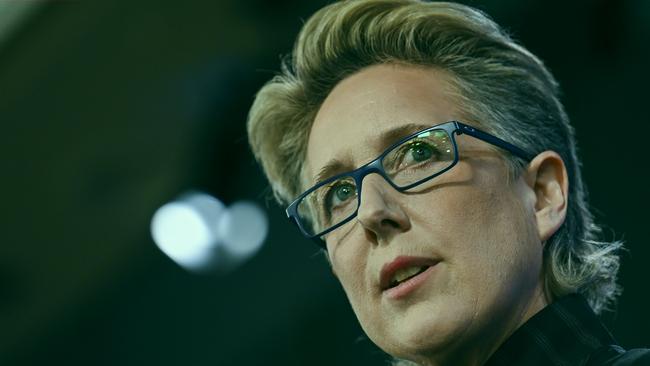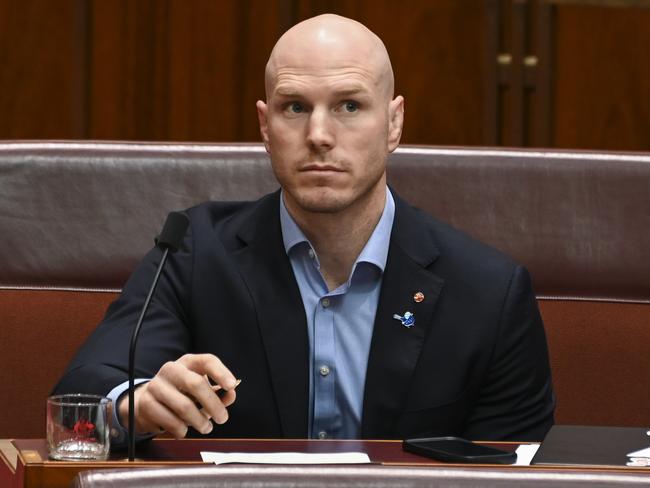IR deal sparks strike warning from employers
Employers say changes to the industrial relations bill secured by David Pocock have done little to address their fears the new laws will provoke strikes and threaten jobs.

Employers say changes to the government’s industrial relations bill secured by Senate crossbencher David Pocock have done little to address their concerns that the new laws will provoke strikes and threaten jobs.
ACTU secretary Sally McManus welcomed the support of Senator Pocock and the Greens for the bill, saying their backing would make a real difference to millions of struggling workers and their families. “Working people can have hope today – hope that the decade of policies that have suppressed wages is over. Working people can have hope that this legislation will deliver more secure jobs and better pay,” she said.
“Australians have overwhelmingly supported changes that support wages growth. Secure jobs and better pay were issues at the federal election – and Australians made clear they support policies that will see wages go up and make work fairer for women.”

Business Council of Australia chief executive Jennifer Westacott welcomed the concessions but said risks remained with the expanded bargaining model. “This is a huge economic risk and there is no evidence multi-employer bargaining will lift wages. In fact, we remain concerned that this fundamentally flawed bill could make things much worse,” she said.
Australian Industry Group chief executive Innes Willox said the workplace policy changes were “fundamentally flawed”. “The primacy of the enterprise agreement system which has underpinned much of our economic success over the past four decades has now been shattered,” he said.
“We now truly face a return to a 1970s industrial model, entirely unsuited to the 21st century open and productive economy we need.
“The ramifications of the proposals on employment, investment and business certainty will be far reaching.”
Australian Chamber of Commerce and Industry chief executive Andrew McKellar said employers appreciated the efforts of Senator Pocock to ameliorate the negative outcomes for small business and his support for many of the chamber’s proposed amendments to the bill.
He said small businesses with more than 20 employees could still be forced to adopt workplace arrangements and pay rates they had no role in negotiating, and competitors could be forced to bargain together.

Australian Resources and Energy Employer Association chief executive Steve Knott, who had been campaigning against the changes, said the bill’s passage was a “big deal for our sector”.
“While it will be a slow burn, these employers and employees most likely will see something akin to a re-enactment from the Godfather 3 when Michael Corleone says: ‘Just when I thought I was out … they pull me back in’,” he said. “In this instance, the casualties will be business investment and jobs.”
He hit out at the BCA and the Council of Small Business Organisations Australia and the Business Council of Australia. “Non IR business representative groups like COSBOA and the BCA were completely stitched up at the jobs summit and knowingly or otherwise took on the role of being appeasers for this emerging legislation; legislation they belatedly realise will be both bad for business and their members.”
Master Builders chief executive Denita Wawn acknowledged Senator Pocock’s efforts to engage with the business community, and the carving out of civil construction from the multi-employer bargaining regime, but builders did not operate in a silo and could experience impacts from disruptions along the supply chain.




